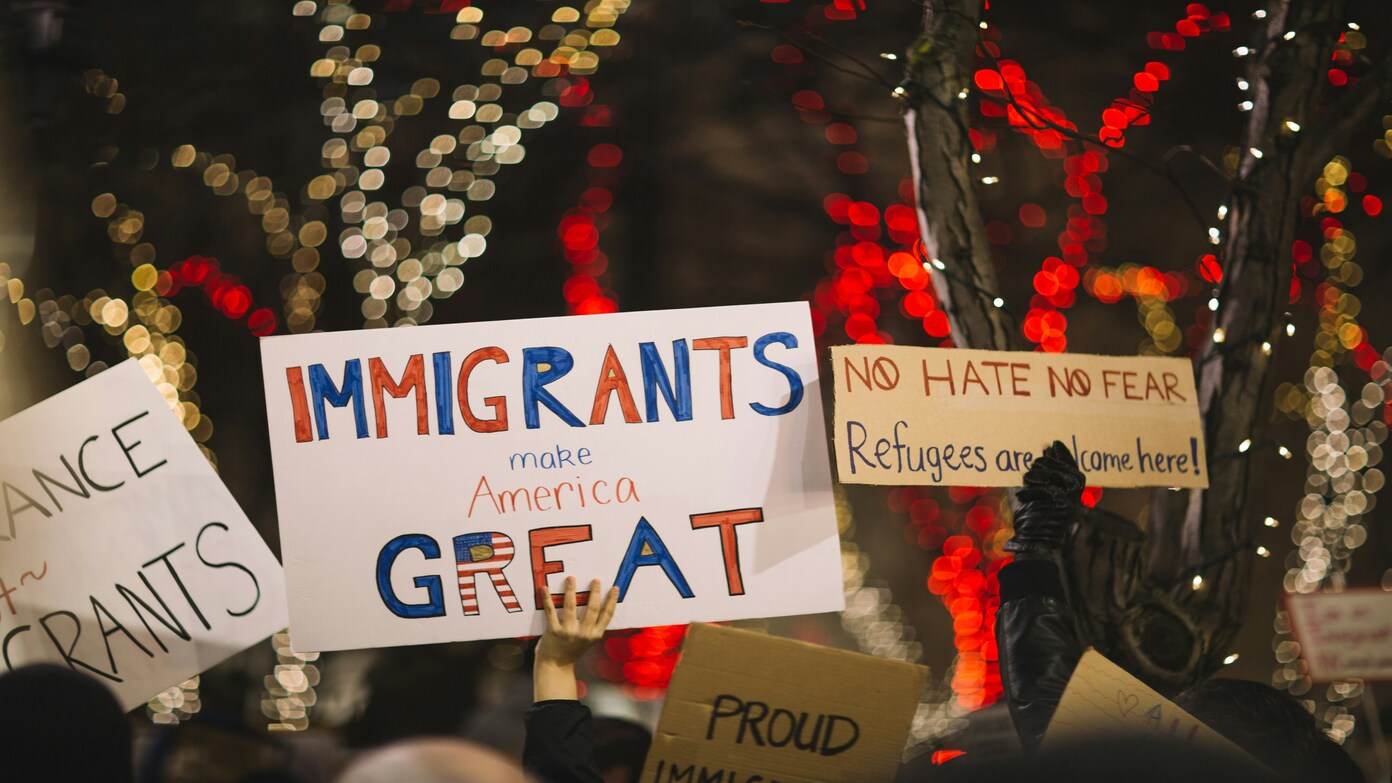On a hot July evening, the atmosphere in Los Angeles City Hall shifted from its usual buzz of city business to one far more somber and compassionate. Mayor Karen Bass stepped up to the podium and stated that many undocumented families in the city could little have dreamed of: Los Angeles would begin distributing prepaid cash cards worth up to $1,000 to immigrants hardest hit by recent ICE raids.
“This isn’t charity—it’s justice,” Mayor Bass said before a crowd of reporters, activists, and community leaders. And with that began a new chapter in the city’s humanitarian response to immigration enforcement.
The heart behind the initiative
This comes after weeks of unannounced ICE activity all over Los Angeles. Raids were reported in heavily immigrant-populated neighborhoods, with numerous workers detained, families separated, and children left without their parents’ care. In the wake, Mayor Bass and her office sought a way of response, not with fear, but with help and hope.
The program is officially being called a “humanitarian emergency response.” While most government aid programs exclude unauthorized immigrants, the initiative aims to fill the gap left by federal policy.
How the cash card program will work
The cards—preloaded with between $300 and $1,000—will be distributed through trusted community organizations. Among them is the CHIRLA, the Coalition for Humane Immigrant Rights of Los Angeles, which has a long history of serving immigrant families and refugees.
The amount for every person will depend on factors such as family size, income loss, and overall need. A lone parent with young children or a family with a disabled member, for example, can qualify for the maximum payment.
Significantly, no one will be asked to present a Social Security number or federal ID. “We don’t want to put people at greater risk,” said a CHIRLA spokesperson. “This is about assisting, not tracking.”
Who will qualify for the cash cards?
To be eligible, recipients must:
- Live in the city of Los Angeles
- Show economic hardship directly caused by the recent raids
- Be in a vulnerable family (i.e., with kids, the elderly, or medically vulnerable)
- Do not need to show federal paperwork that could link them to their immigration status
Applicants will be screened by community groups, with those most affected being prioritized.
Mixed reactions, but strong support
While the initiative has been applauded by religious organizations and civil rights activists, not everybody agrees. Conservative critics argue that offering funds to illegal residents is sending the wrong message. But Mayor Bass was resolute:
> “Our moral obligation does not discriminate between citizens and non-citizens. They are human beings, and they are suffering.“
Activists like Ana Romero, head of the Los Angeles Migrant Support Network, welcomed the measure as “the clearest sign yet that LA stands with its immigrant community.”
A model for other cities?
Experts believe Los Angeles is possibly establishing a model for a new kind of urban humanitarian policy. Other cities, including Chicago, New York, and San Francisco, are already tracking the program with interest and may follow with similar proposals if federal immigration enforcement becomes even more aggressive.
Los Angeles, as it pushes forward, makes one thing certain: in a city forged by immigrants, compassion isn’t an option—it’s an imperative.

